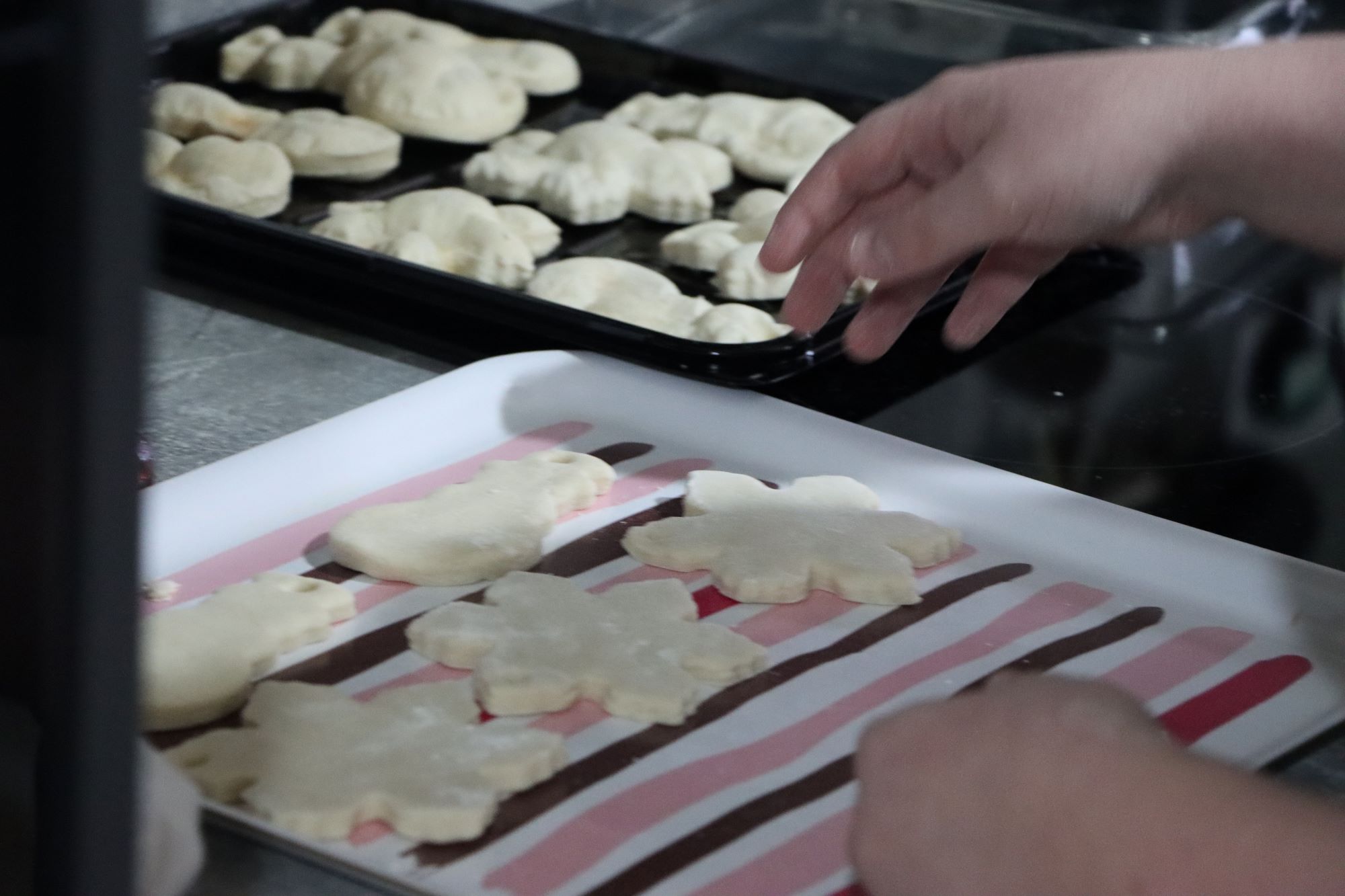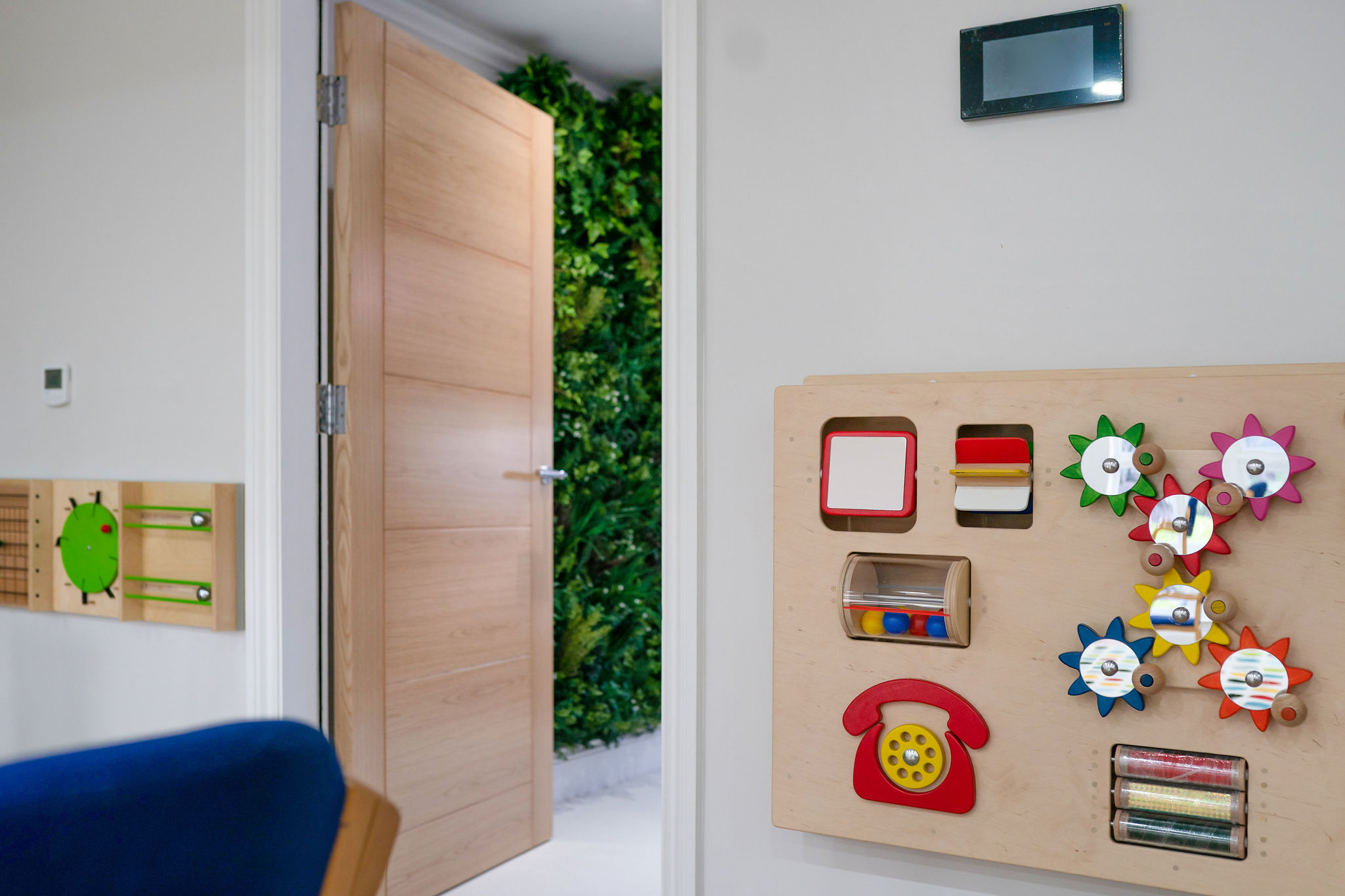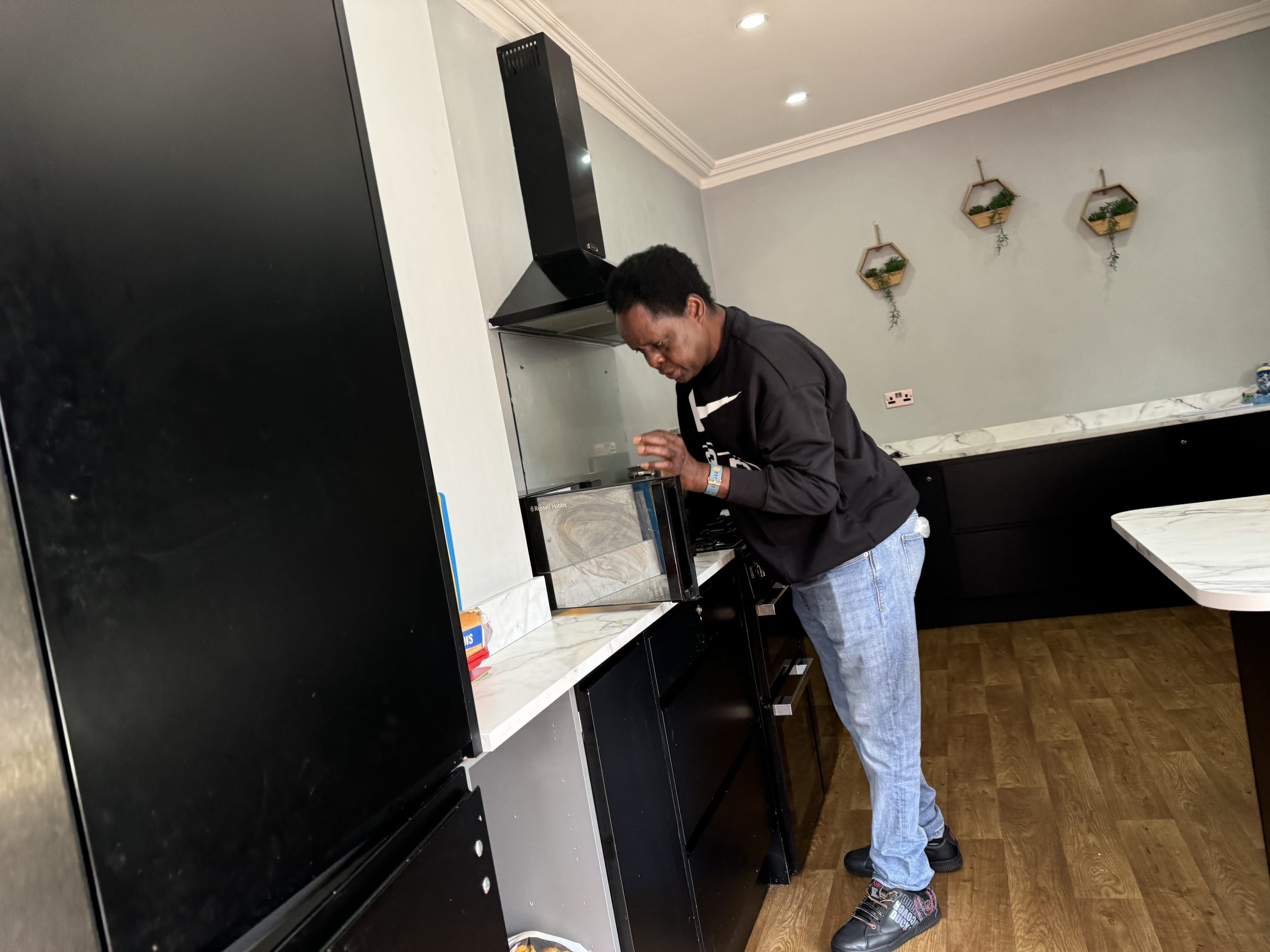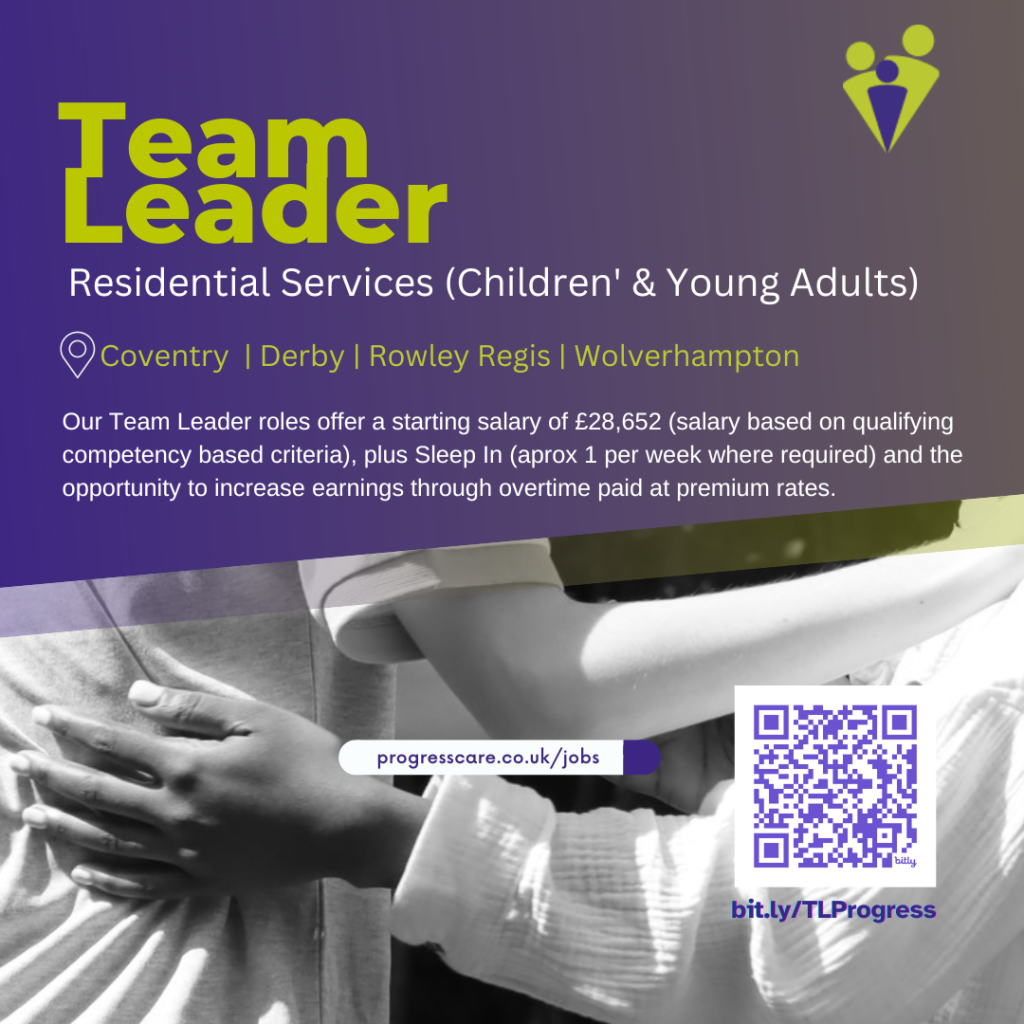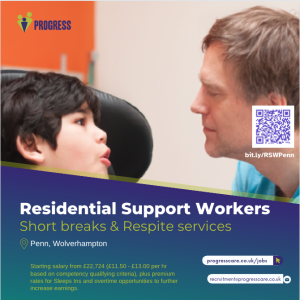Support workers at The Hub play an instrumental role in enabling the people supported to achieve their fullest potential while living as independently as possible. The Hub, part of Progress’ supported living services, is a unique space where individuals currently aged 18 to 29 receive tailored support to navigate their lives and grow in confidence. For support workers, the role goes beyond simply providing care—it’s about fostering dignity, independence, and meaningful connections in an environment where every day brings new opportunities and challenges.
Supporting Independence and Building Confidence
The primary goal of a support worker at The Hub is to help people develop the skills they need to lead independent and fulfilling lives. From personal care to household tasks, every activity is an opportunity to build confidence and autonomy. “Even the smallest tasks, like guiding an individual to make a cup of tea or helping them organise their shopping, can be transformative,” explains Harninder Singh, a support worker at The Hub. “It’s about celebrating every achievement, no matter how small it seems.”
Daily routines are designed to encourage people to participate actively in their care and activities, fostering a sense of responsibility. These routines range from physiotherapy sessions to community outings and rehabilitation exercises, all tailored to the individual’s abilities and interests. For the people supported, this personalised approach creates a sense of purpose, while for support workers, it offers the rewarding experience of seeing progress unfold.
The focus on independence also involves empowering people to make choices and take control of their lives. Support workers serve as guides and mentors, ensuring they feel capable and supported as they navigate new experiences. This collaborative approach underpins the success of The Hub’s services, ensuring individuals feel valued and capable in their journey towards independence.
Adaptability: Meeting Diverse Needs
The Hub’s supported living environment caters to individuals with a wide range of needs, requiring support workers to be highly adaptable. Some individuals require intensive one-to-one care, including assistance with complex medical conditions such as epilepsy management or PEG feeding. Others are more independent, needing only guidance and encouragement to achieve their goals. “Each day is different,” says Harninder . “You might be supporting someone with personal care in the morning and helping another resident work on their confidence during a community outing in the afternoon.”
This diversity demands flexibility and creativity from support workers, who must tailor their approach to suit each individual’s unique circumstances. Technology also plays a vital role in delivering consistent care. At The Hub, tools like One Touch streamline communication and documentation, allowing support workers to access care plans, record activities, and share updates efficiently. Harninder admits that adjusting to digital systems was initially challenging but acknowledges their benefits: “Once you get the hang of it, everything is right there on your phone or tablet, which makes it so much easier to stay organised and provide the best support.”
The role also requires quick thinking and the ability to handle unexpected situations with poise. Whether it’s finding indoor activities during bad weather or managing behavioural challenges, support workers must remain calm and resourceful, always keeping the well-being of the person supported at the forefront.

Building Trust and Fostering Relationships
The success of The Hub’s services relies heavily on the strong relationships support workers build with the people supported. These relationships are rooted in trust, mutual respect, and a shared commitment to personal growth. “When I first started working with one of the individuals, I was nervous about how to approach him,” Harninder reflects. “But over time, we built trust, and now we work together with confidence and understanding.”
Trust is fostered through consistent communication and empathy, allowing people to feel secure and supported. Professional boundaries are maintained, but the atmosphere at The Hub is warm and collaborative, with a focus on creating a sense of community. “The Hub feels less like a workplace and more like a family,” Harninder says. “Everyone is approachable, from the management team to the staff, which makes a huge difference in how we work together to support the people in our service.”
By prioritising trust and respect, support workers create an environment where residents feel valued and capable. This foundation not only enhances the quality of care but also empowers residents to engage fully with the opportunities available to them.
Rewards and Challenges
While the role of a support worker is deeply rewarding, it also comes with its challenges. The demands of the job can be both physical and emotional, requiring resilience and dedication. “It’s not always easy,” Harninder admits. “But when you see a individual achieve something they never thought possible, it makes everything worth it.”
One of Harninder’s most memorable moments involved helping an individual navigate a shopping trip independently. “Watching him pick out items, load them onto the conveyor belt, and pack his shopping bags—it was such a proud moment for both of us,” he recalls. “It’s those little victories that remind you why this work is so important.”
The role also requires a proactive mindset, as support workers are often responsible for planning activities and finding ways to keep the people they support engaged. Creativity and enthusiasm are essential traits for anyone considering this career, as is a genuine passion for making a difference. “You have to want to do this job for the right reasons,” Harninder emphasises. “It’s not about the pay—it’s about helping people live their best lives.”
For support workers at The Hub, the role is more than just a job—it’s an opportunity to create meaningful change, one day at a time. Through their dedication and compassion, they help residents build the skills, confidence, and independence needed to thrive, making The Hub a truly transformative place.




